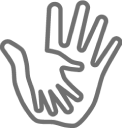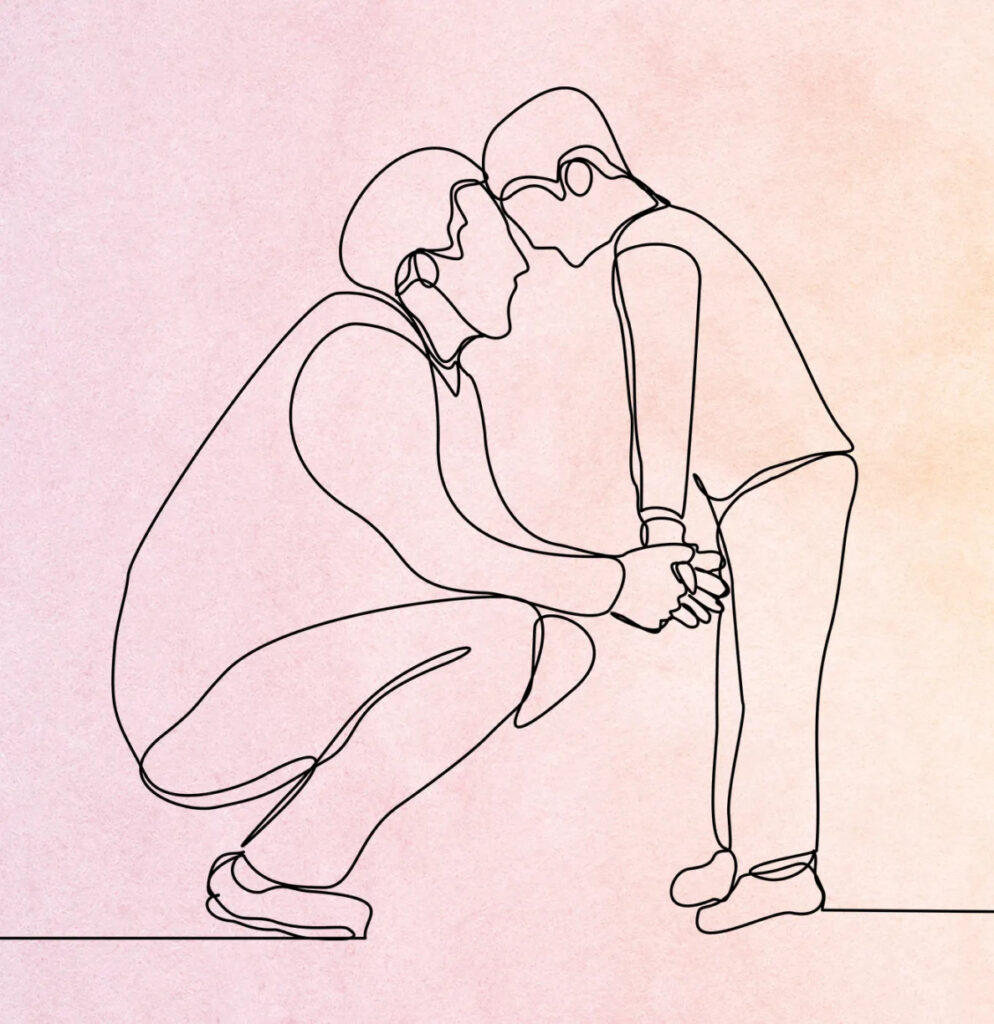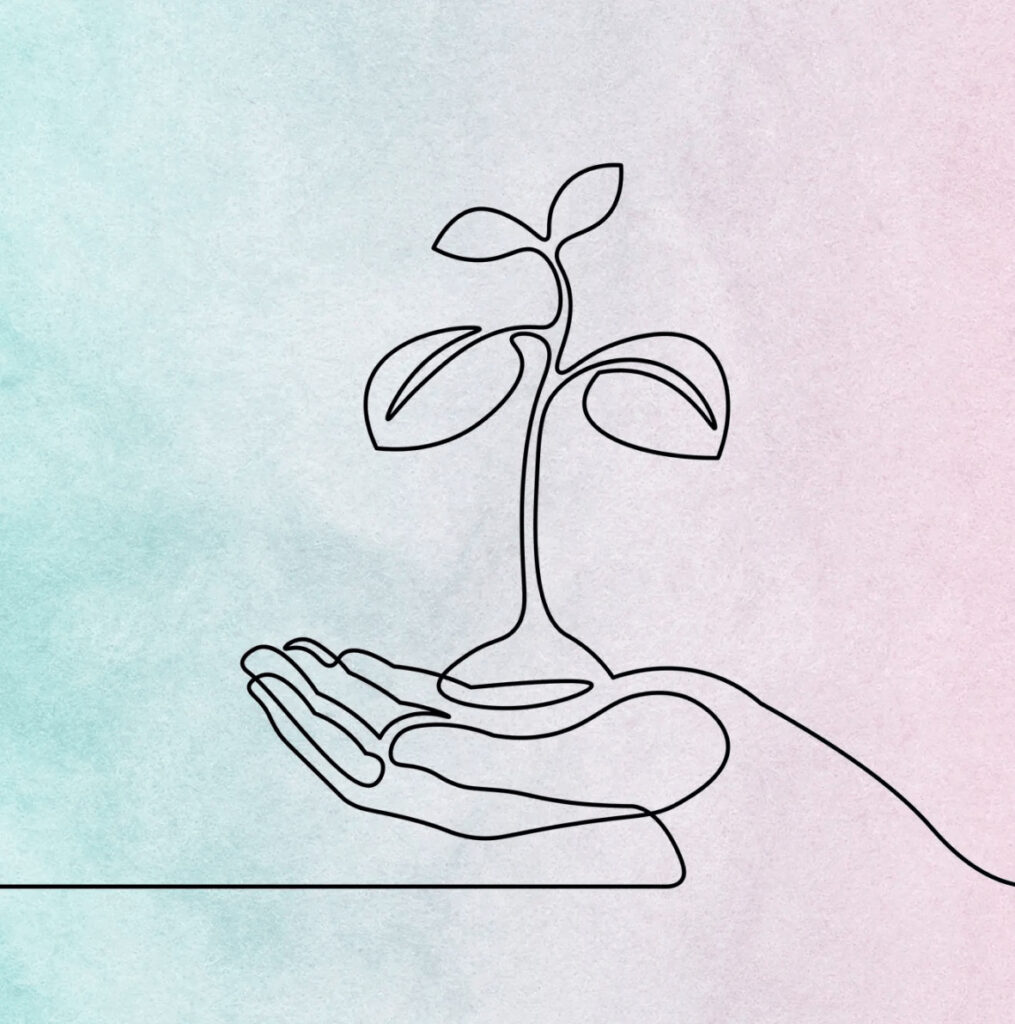Behavioral Challenges Clinic: Ages 13 - 18
As teens become more independent, they begin to push boundaries. This is a normal part of growing up. However, when a teen’s disrespectful or disruptive behavior seems out of control, parents and caregivers may wonder if a teen’s behavioral challenges are a sign of a more significant issue.
Cyti Psychological provides parents and caregivers with the insight and guidance they need to navigate the adolescent years. Our care specialists offer 24/7 support, providing a resource that is always available when families are overwhelmed with challenging behaviors.
The licensed professional therapists at Cyti Psychological offer specialized support, including individual and family therapy, to help teens and their families as they navigate the adolescent years. Whether your teen’s behavior is typical or a symptom of a mental disorder, the team at Cyti Psychological is here to help.
Schedule Your Session Now








